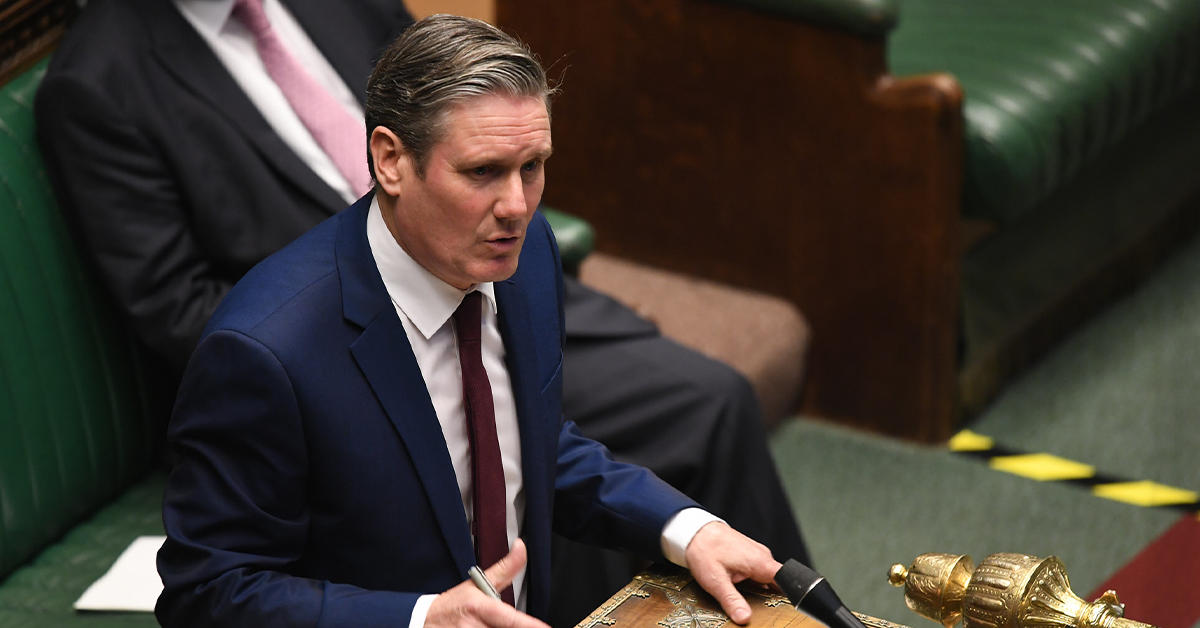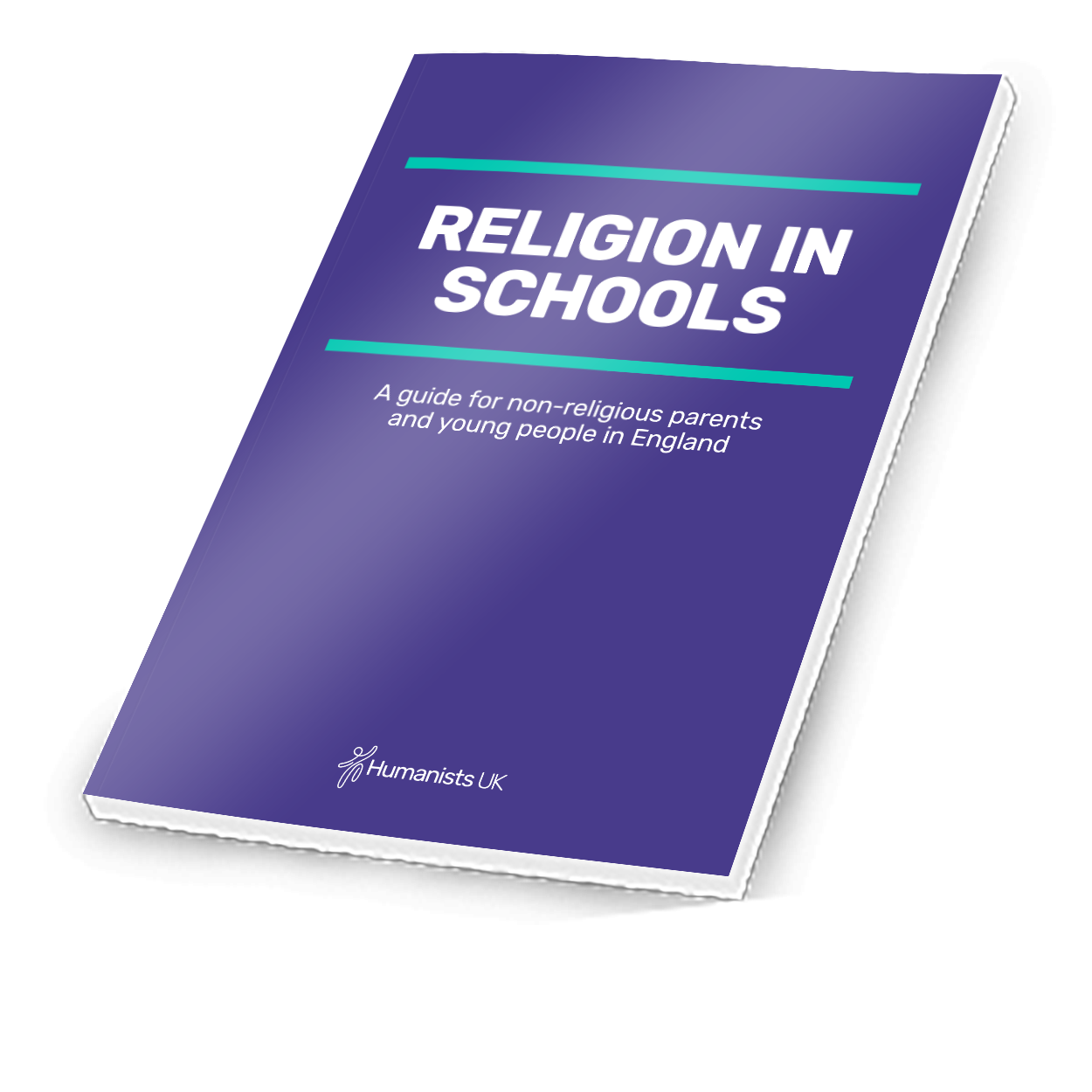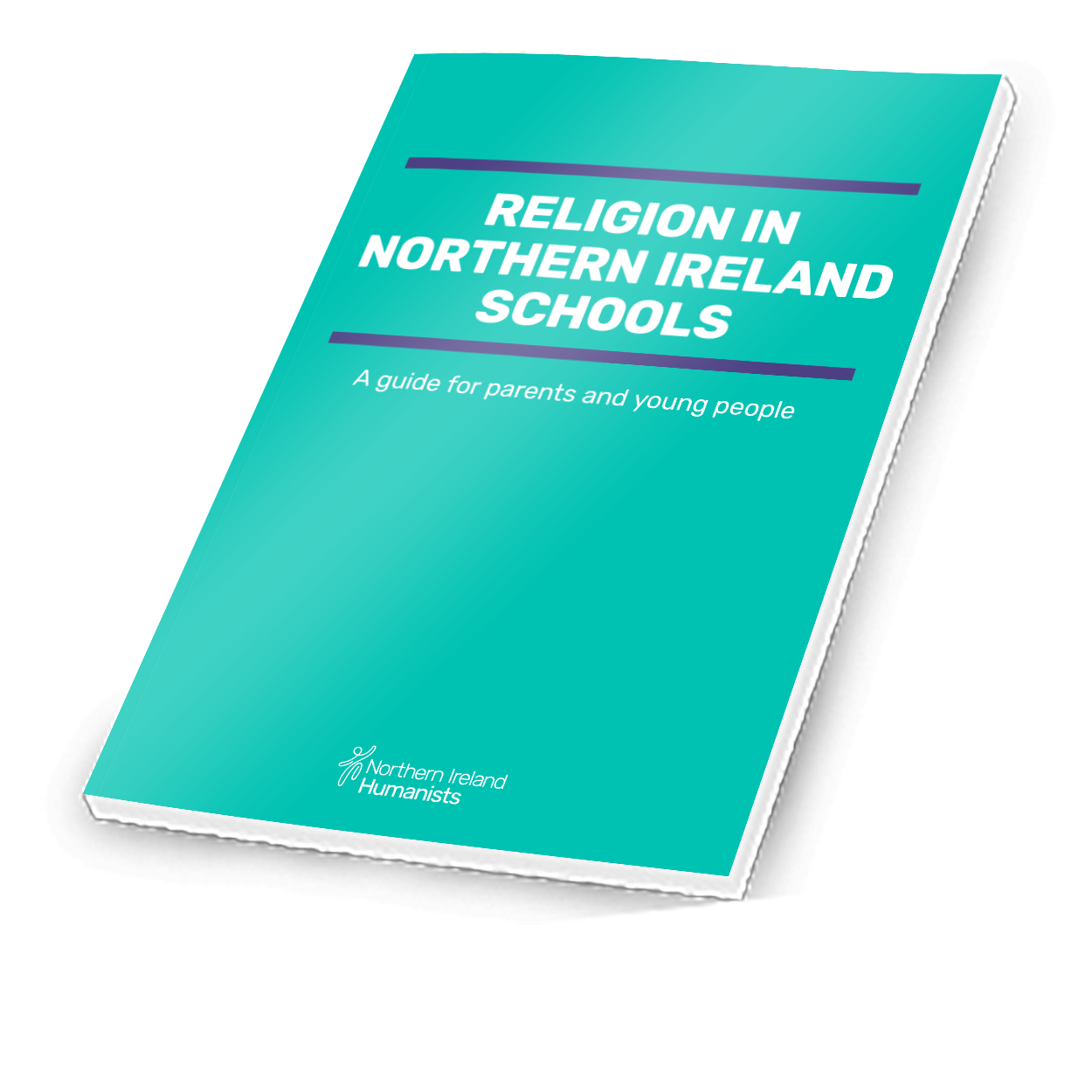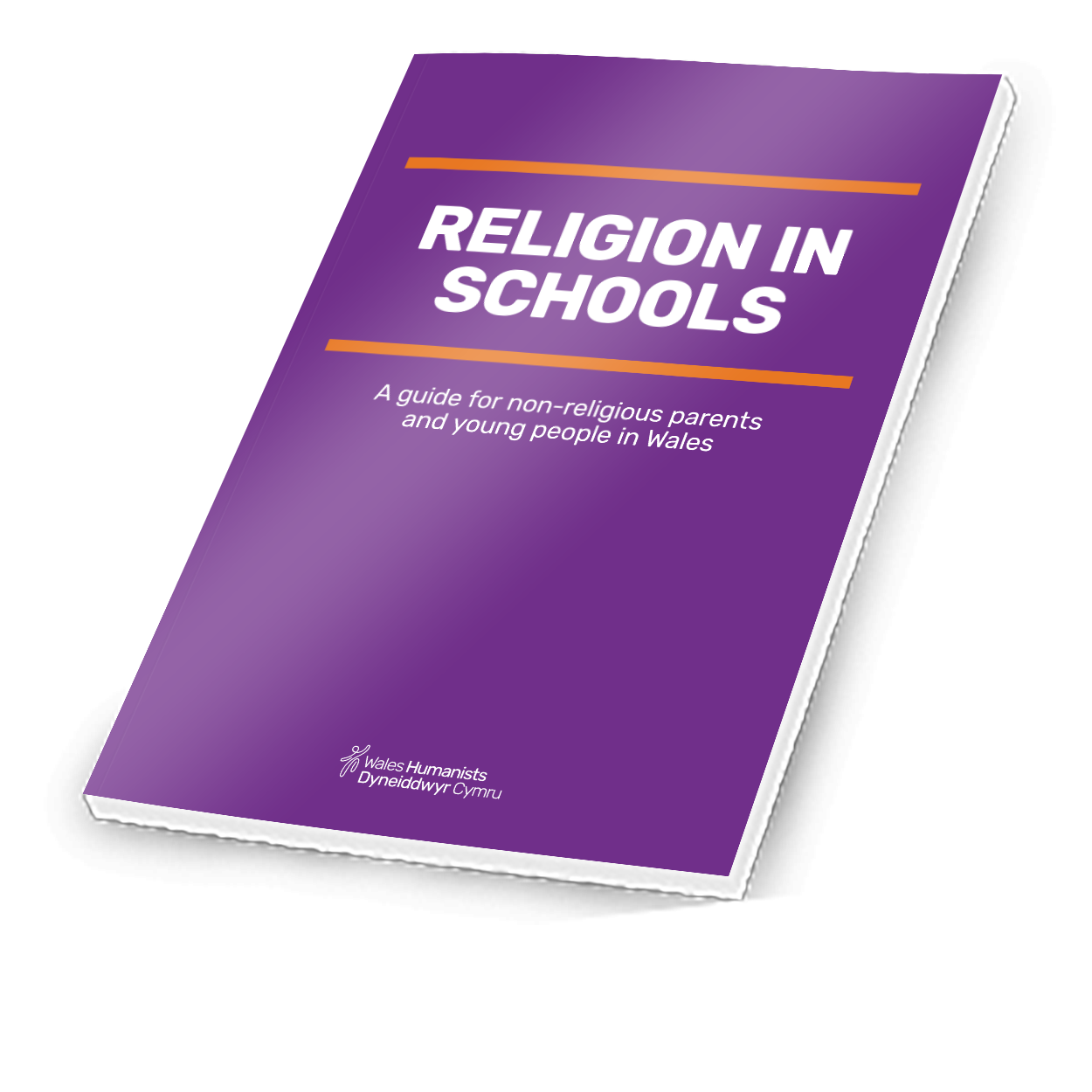
Humanists UK has called for Labour leader Sir Keir Starmer MP to look more closely at the inequalities created by faith schools, after he was reported by Jewish News to have said a future government led by Labour would be ‘even more supportive of faith schools’ than recent Conservative governments.
In response, Humanists UK is writing to the Labour leader and the Shadow Secretary of State for Education, Bridget Phillipson MP, to remind them of the overwhelming evidence of the segregation caused by faith schools, and how their provision has contributed to increased religious and racial segregation in some communities, and compounded difficulties in accessing local schools, particularly for non-religious and poorer families.
The letter quotes former Education Minister David Laws, who said in response to a report from his independent Education Policy Institute about the inequalities in the faith school system:
‘While there are some faith schools which do admit a large number of disadvantaged pupils, our research shows that almost one in 10 secondary faith schools are even more selective than the average grammar school, and in general fewer poor children get admitted to faith schools.’
Meanwhile, research from Humanists UK on the inequalities perpetuated by faith schools has found that:
- Comprehensive secondary schools with no religious character admit 5% more pupils eligible for free school meals than live in their local areas. Yet comprehensive Church of England secondaries admit 15% fewer; Roman Catholic secondaries 28% fewer; Jewish secondaries 63% fewer; and Muslim secondaries 29% fewer.
- A clear correlation exists between the degree of religious selection and how socioeconomically exclusive schools are. Comprehensive schools with no religious character typically admit 5% more pupils eligible for free school meals than would be expected given their areas. Religious comprehensives that do not select by religion typically admit 1% fewer, but those whose admissions criteria allow religious selection for all places typically admit 30% fewer.
- Furthermore, Humanists UK research has also shown that religious schools are racially segregated: the majority of Sikh, Muslim and Hindu state-funded schools have no ‘white British’ pupils at all, while the rest have only one or two at most. At the same time, most Jewish state schools have no ‘Asian’ pupils at all. By comparison, the average Muslim, Hindu and Sikh school is situated in an area where a third of the local population is ‘white British’, whereas Jewish schools are in areas where 12 percent is ‘Asian’.
The Government’s own research has shown that pupils in ethnically mixed schools are more trusting and have more positive views of children from different backgrounds than do pupils in segregated schools.
Humanists UK Education Campaigns Manager Robert Cann said:
‘With more than two-thirds of young people now professing no religion, but new faith schools continuing to open, the difficulties facing parents will only continue to grow. Refusing to look at this would risk storing up serious problems for the future.
‘We invite the Labour leader to look at the data and take a holistic view of education, and on that basis offer up realistic solutions to reducing social and racial inequalities and advancing children’s rights in education.’
Reform needed
Humanists UK has recently drawn attention to the growing crisis in large areas such as Liverpool where preferential treatment both of faith schools and applications for new faith schools has led to a shortfall in school places suitable for pupils of all backgrounds, even as the numbers of parents professing a religion in Merseyside dwindles.
Following the Bradford and Oldham race riots, community cohesion expert Ted Cantle CBE’s seminal Cantle Report for the Government identified faith schools’ admissions policies as a prime factor sustaining deep racial and religious divisions in communities across England. A follow-up report in 2017 found faith schools were ‘more ethnically segregated’ and ‘more likely to cater to more advantaged students’. However, Cantle’s recommendations were not heeded, and religious segregation has instead increased.
Recently Ofsted has attempted to uphold minimum standards for RSE in faith schools, and there have been recent scandals involving homophobic and misogynistic literature, and inappropriate evangelism being endorsed in state faith schools. These standards reflect children’s basic rights to education about relationships – which should not be permitted to be taught in a biased manner according to their parents’ beliefs.
Support for parents
Humanists UK is the only organisation in the UK that employs a full-time campaigner researching issues with religion in schools or supporting parents to navigate the system.
It recently published a series of guides on Religion in Schools to support parents who face common issues with the current law.
Notes
See also: Six facts about faith schools
For further comment or information, media should contact Humanists UK Director of Public Affairs and Policy Richy Thompson at press@humanists.uk or phone 020 7324 3072 or 020 3675 0959.
The Accord Coalition, an independent non-profit organisation bringing together religious groups, teachers, trade unions, and humanist to research education issues, maintains an extensive databank of independent research on faith schools.
Read more about Humanists UK’s work on faith schools.
Humanists UK is the national charity working on behalf of non-religious people. Powered by 110,000 members and supporters, we advance free thinking and promote humanism to create a tolerant society where rational thinking and kindness prevail. We provide ceremonies, pastoral care, education, and support services benefitting over a million people every year and our campaigns advance humanist thinking on ethical issues, human rights, and equal treatment for all.




